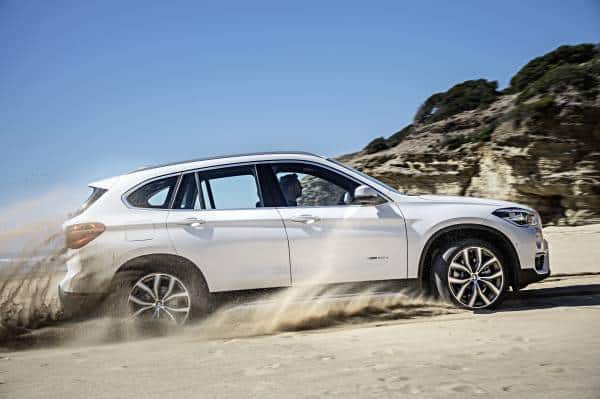
Are You As Safe As You Could Be On The Road?
Driving safely is a skill that you learn. Every new driver is a little shaky and needs experience of the road before they can truly master the art of responsible and observant driving, even if they passed their test with flying colors (the real world is very different to lessons or test situations with somebody experienced beside you). Of course, even drivers who are old to the game might need to brush up on a few things in order to be a safer driver on the road.
If you’re asking yourself where you’re as safe as you could be on the road then the answer is probably “no”. Even the most conscientious drivers are prone to lapses of concentration or perhaps emotional responses to dangerous situations that put themselves and others on the road in danger. The point is that, whilst the road is never completely safe, there are smart ways to keep yourself, your passengers, and other people on the road as safe as possible, even when faced with tricky events. Here are some tips to help you become safer as a driver.
Driving defensively.
This is a piece of advice that could apply to many old drivers, as well as new ones. Road rage isn’t just unpleasant to witness, even if the driver is justified in being angry at somebody’s mistakes on the road; it’s also a very dangerous type of reaction to have when you’re behind the wheel of a car. Reacting offensively rather than defensively to situations such as a driver swerving in front of you is how accidents happen. Two wrongs don’t make a right, and if you want to avoid accidents then you need to take a cautious approach when you see things happening on the road which seem like potential hazards. Keep a level head.
Preparing for accidents.
This might seem like a morbid point, but most drivers are involved in some manner of accident during their lifetime. This doesn’t have to involve a big crash; it could involve a mere bump into a bush or with another car on the road. The point is that, whilst none of us want to think about it, all road drivers should be prepared for the potential of an accident. You should definitely look into your options for car insurance as soon as you get any new car because even the safest drivers can find themselves in unexpected situations.
Even if you’re only the victim of a small scrape on your car from another road user, you’ll certainly want to be properly insured so that you can get dents smoothened out or even get your health checked out if you experience pain afterwards. A crucial piece of advice is to simply exchange details with any other driver involved in an accident and to avoid talking further. Don’t apologize because that can be used in court as an admittance of blame.
Avoiding distractions.

Distractions are everywhere on the road. Other drivers might make strange distractions that throw you off or make you uneasy, and pedestrians might attempt to cross the street seemingly out of nowhere. It can be very stressful for the driver of a car. Of course, you need to concentrate fully on the task at hand, so you’ve got to find a way to manage distractions in the best way possible. The key is to control what you can. You can’t stop distractions from happening outside the vehicle but you can control what happens inside your car.
Don’t take your hands off the wheel or your eyes off the road. If passengers, such as children, are arguing then tell them to stop so that you can focus. Whatever you do, don’t let anything distract you from your focus on the road. Even external distractions outside of your control shouldn’t throw your concentration. You have a duty of safety to yourself and others on the road as a driver, so control what you can: your observational skills. Just don’t waste these skills on irrelevant things happening in your car.
Don’t become lazy.
A final tip to help ensure that you’re the safest driver possible is to avoid becoming lazy. It might seem a little obvious to suggest that you have to be a careful driver if you want to remain safe on the road, but so many road users let their driving standards slip without noticing. Driving a car may become habitual and almost second-nature once you’ve been doing it for a long time, but that doesn’t mean you should stop focusing on the finer details and observing the road around you.
Remember your blind spots and continue to assess the environment around you. Is your car big enough to park in that spot? Is that car in the lane beside you going to pull in front of you? These are typical examples of the questions you need to be asking yourself whenever you’re behind the wheel.

















